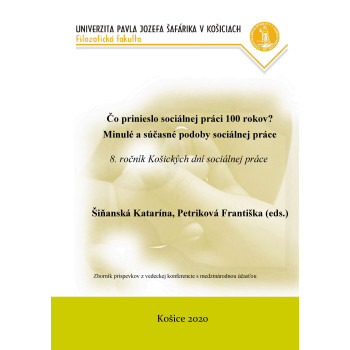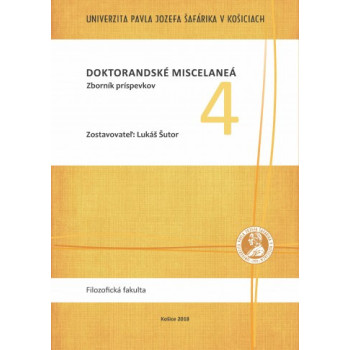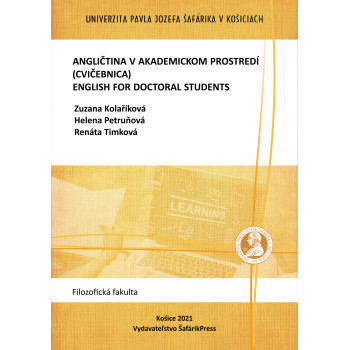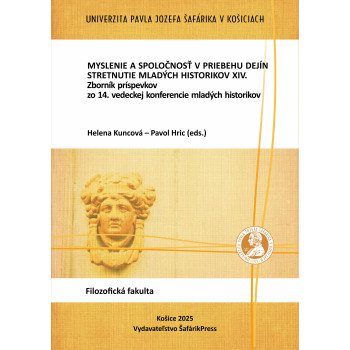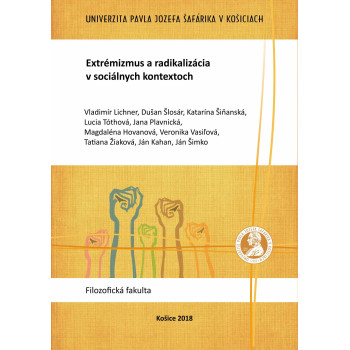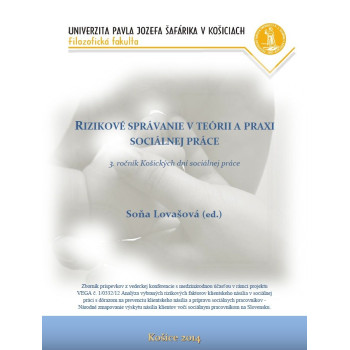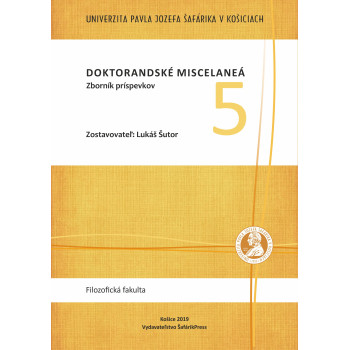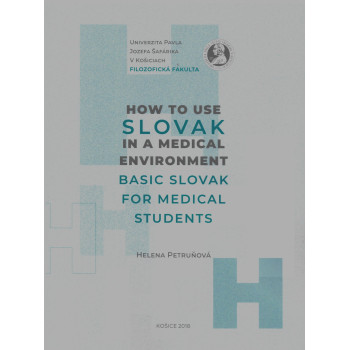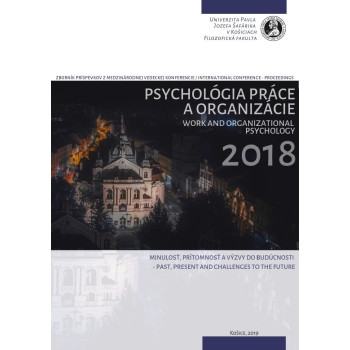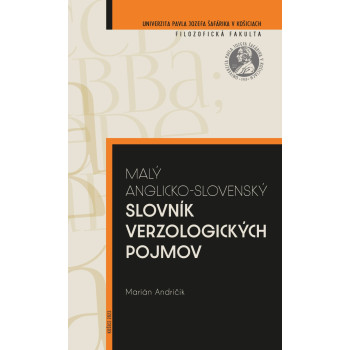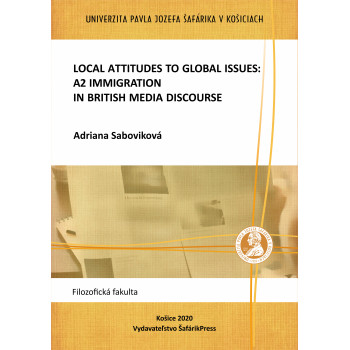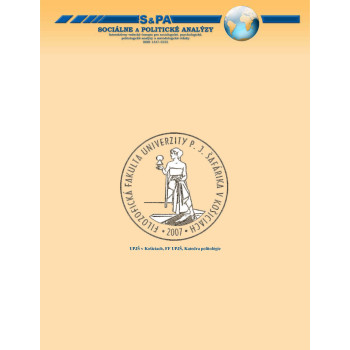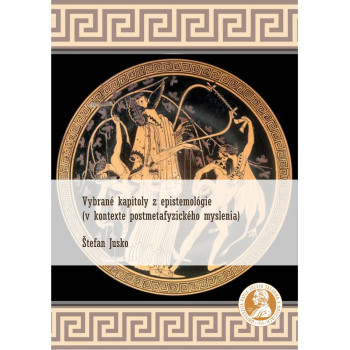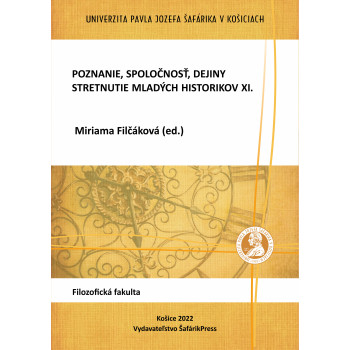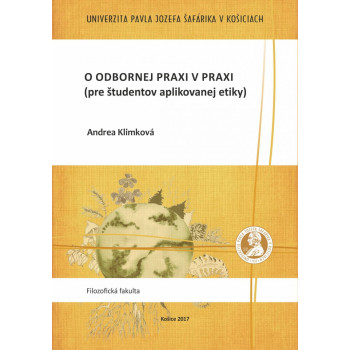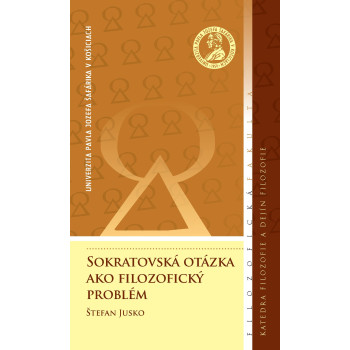
Čo prinieslo sociálnej práci 100 rokov? Minulé...
E-book
Katarína Šiňanská - Františka Petriková (eds.)
The present proceedings is devoted to different perspectives on the problems addressed by the field of social work and also the changes in the orientation of social work with respect to the current requirements of society. Proceeding is made up of a wide range of contributions from various spheres belonging to the sphere of social work. Contributions are devoted to the cyber world of social work, supervision, self-care, risk behavior, but also social work in the past.
The cyberspace in social work is elaborated in several contributions, suggesting a new dimension of social work. In the contributions about cybe world, the authors consider “cyberspace” as a new form of counseling and assistance to clients, as the present time is more online-oriented. Proceedings of international conference "What has brought social work 100 years?"
The past and present forms of social work are therefore devoted to various themes, incentives and insights into the benefits of the contribution of social work over 100 years, examining and evaluating past, present but also future forms of social work as a science.



